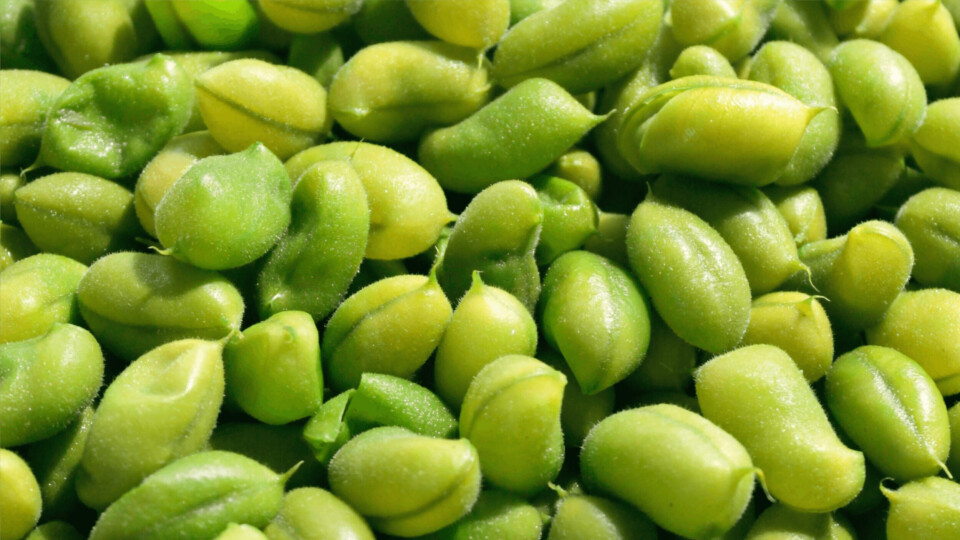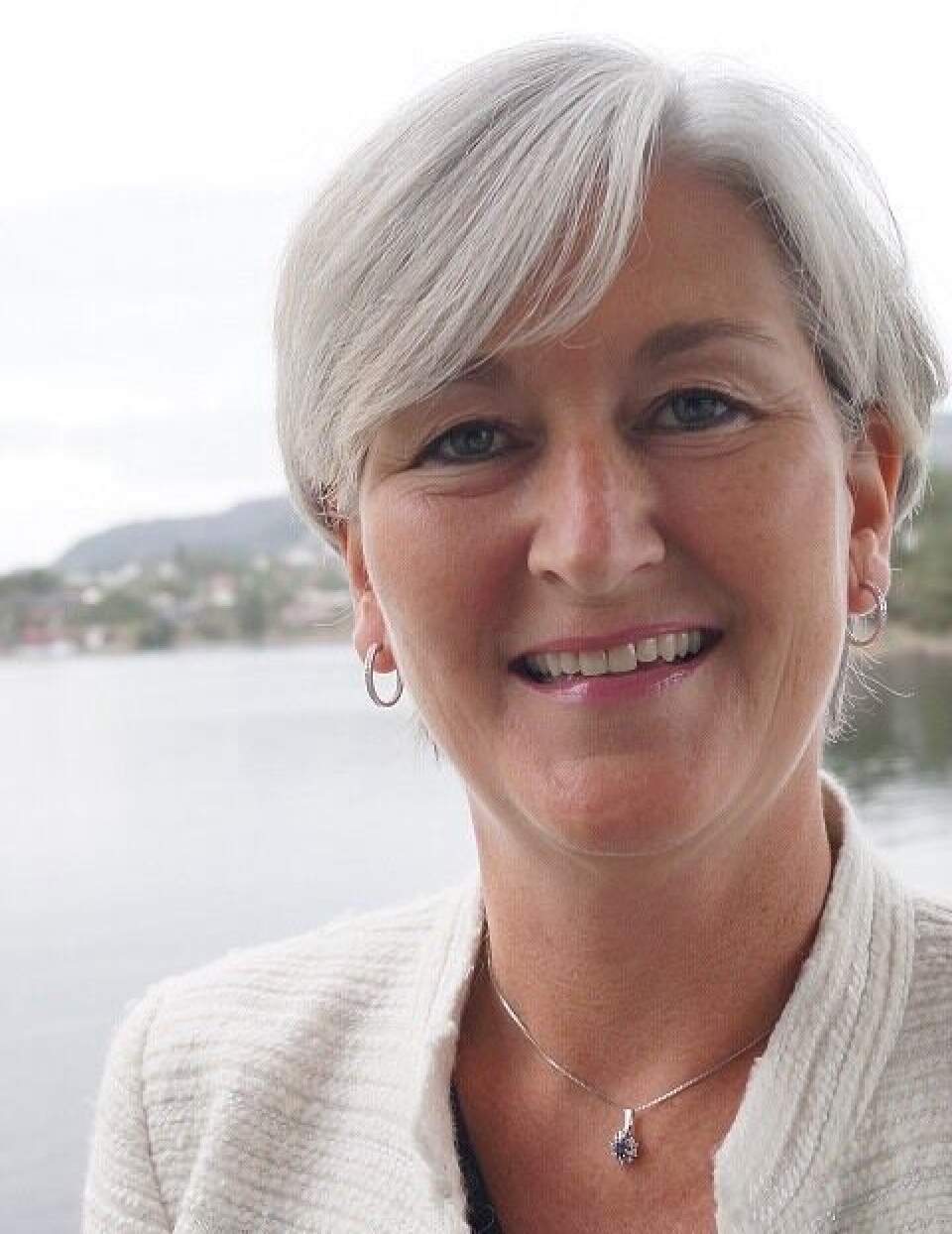
44 Norwegian salmon farmers ditch Brazilian soy
The 44 Norwegian salmon farmers who make up the Salmon Group buying cooperative have chosen to remove Brazilian soy from their fish feed with immediate effect.
Last month Salmon Group announced it had agreed a deal with feed manufacturer BioMar for a tailor-made feed that is lower in environmental contaminants and has a 20% smaller carbon footprint.
Salmon Group said that along with that measure, the decision to remove Brazilian soy means the carbon footprint of the feed is reduced by 50% compared with the standard feed used by the industry.

Taking sustainability seriously
“Salmon Group’s 44 shareholders take sustainability seriously and have for a long time worked purposefully and concretely with issues related to this,” said Salmon Group chief executive Anne-Kristine Øen in a press release.
“We are talking about second- and third-generation family-owned companies, which operate in the local environment where they themselves were born and raised. They are very aware of the responsibility that lies with them when conducting their business in the public. They think long term and take moral and ethical responsibility.”
She calls it a conscious choice when small and medium-sized fish farmers choose to absorb the cost this entails.
Consumer demands
“These pioneering companies take great social responsibility and are ahead of government requirements. Consumers are increasingly demanding that the food be ‘right’, and the same requirements are addressed from a producer perspective. If you have the knowledge that something should be changed or improved, you should do it,” said Øen.
Nils Inge Hitland, who is responsible for purchasing and feed in the Salmon Group, is pleased with the collaboration with BioMar.
“We must commend BioMar as a feed supplier, which is action-focused and fast-acting when we demand that all aspects related to feed production be examined more closely. The composition of the feed must be evaluated from many perspectives. Fish health, sustainability and consumer demands are important here,” said Hitland.
Alternative protein sources
He said the Salmon Group has for a long time had a limited amount of soy in its feed. It had had a higher proportion of marine content in its feed formulations and in addition included alternative and more sustainable protein sources.
“In general, the industry is now looking for alternative sources of protein, such as insect flour and bioprotein. This is very positive. In fact, the measures we are now taking have twice as much effect as when we are in line with all other measures. Therefore, there was never any doubt that we would put our resources here,” said Hitland.























































